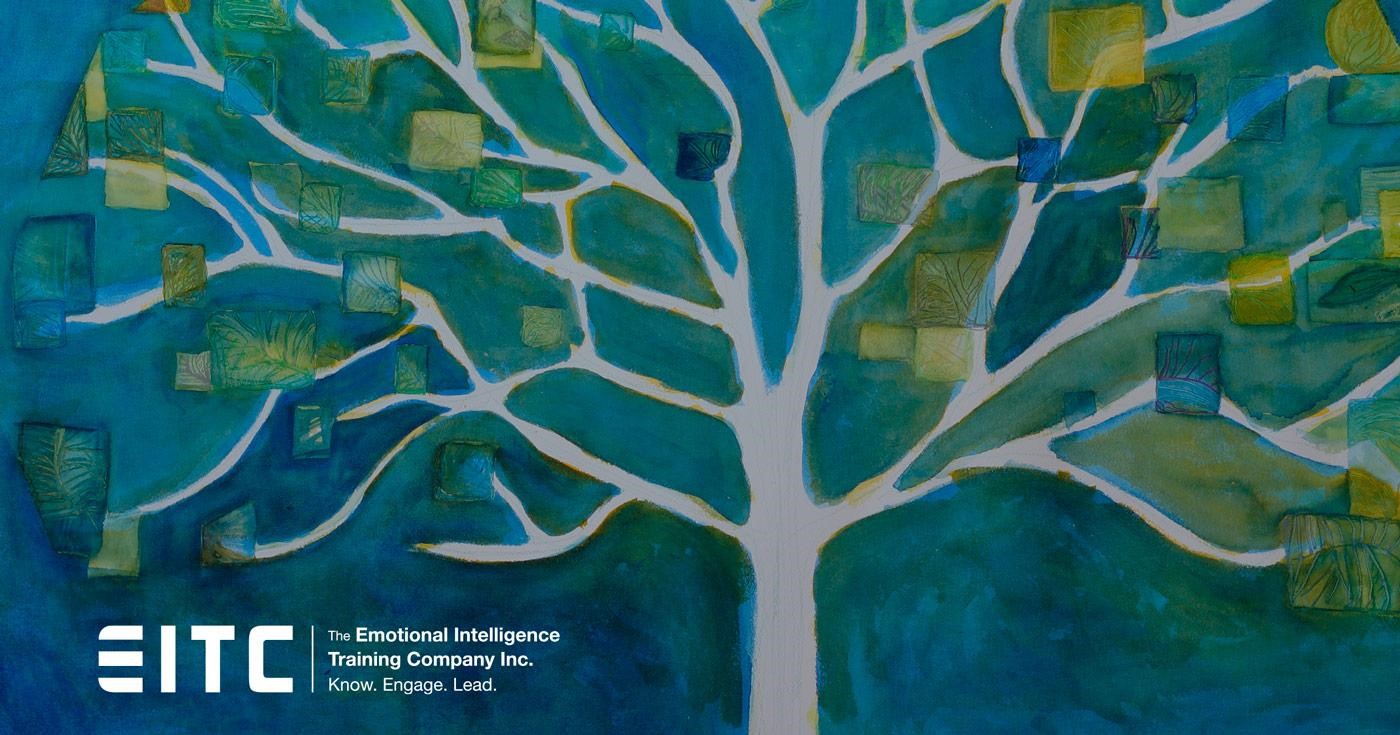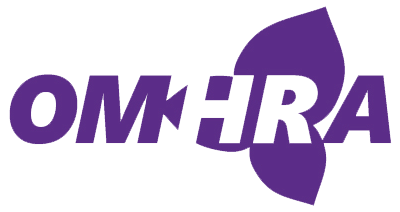
What counts as professional skills is changing and teams are faced with rising expectations. Here’s how emotional intelligence can help.
By Eric Kasoyaga
Workplaces and organizations are in a lot of different places right now in their diversity, equity, and inclusion journey. Being proactive about DEI is the right thing to do. And there can be tangible performance benefits as well.
But it’s hard work to deliver sustainable change in this area because it requires new ways of being with each other in the workplace. There are going to be challenges.
If you’re leading a team that’s participating in new DEI programs, here’s four emotional intelligence competencies you can lean into.
1. Reality Testing
One goal of DEI work is to develop a more accurate shared understanding of bias in the workplace. Seeing the reality about the lack of equity, the lack of diversity, or the lack of inclusion is no small endeavour, especially without exposure to these experiences firsthand. There are many psychological and social barriers that prevent us from facing the truth that our teams may not be as safe, or inclusive, as we might have thought – our privilege being one significant factor.
Reality Testing is about testing our own perceptions of reality. Dig deep to understand your own unconscious and conscious biases and have the courage to look at the impacts of these beliefs. Ask others to do the same. Look for evidence to modify your beliefs. Talk to people about their experiences and believe them. Review your policies, protocols and practices and discuss what true inclusion, equity and diversity would mean for your organization.
2. Emotional Self-Awareness and Expression
The end goal is a greater shared sense of belonging and cultural safety for everyone in the organization.
This can require a cultural change in the workplace, which may be destabilizing in the short term. The process can be challenging and may evoke many emotions for leaders and employees. It will be critical for everyone to stay aware of their emotions and express them in ways that lead to constructive dialogue.
Normalizing any defensiveness or discomfort as you all learn together will lead to greater transparency and trust. Leaders who effectively communicate their emotions will create trust and safety in their workplaces.
Beginning from a place of humility, openness and willingness to learn may be the most important approach to genuinely addressing privilege, inequity and exclusion in workplaces.
3. Empathy
A key aspect of empathy is understanding that your actions have an impact on others by tuning in to others. Having privilege can prevent us from seeing this impact. To fully embrace DEI is to really care about the differential impacts that workplace policies, practices and culture have on individuals and groups. The imperative for those with more privilege is to guard against protecting the status quo at the expense of others.
From a diversity, equity and inclusion lens, we are interested in how everyone in the organization is doing? Do policies benefit some employees more than others? Who are we considering when processes are changed, or resources reallocated? Do we consider that when we make decisions, some employees will be affected more than others? This is the skill of Empathy. Attending to the needs and interests of all employees means everyone feels safe – and this will influence their willingness to trust you with their truth.
4. Social Responsibility
Social responsibility is the emotional intelligence skill of contributing to justice, the greater good, and being of service. This requires a willingness to set aside personal interests to achieve broader social benefits. There are so many broader social benefits in DEI work, and to achieve these sustainable changes will require long-term commitments. This is not a project: this is cultural, social and workplace change, and it is required to correct harmful imbalances and better reflect who we want to be as a society.
As the leading provider of EQ-i 2.0 certification courses in North America, we are passionate about the potential that emotional intelligence assessment offers to human resource professionals. Join us for a live, online certification program. Participants who join us also benefit from coaching, follow-up support and an active online EITC alumni community.
EITC – The Emotional Intelligence Training Company Inc.
1434 Honeysuckle Place, North Saanich, BC, V8K 5J8

Presented by

Archives
Categories
- Attraction and Recruitment
- Benefits
- Celebrating Success and Recognition
- Change Management
- Conflict Resolution and Coaching
- Culture
- Diversity, Equity and Inclusion
- Emotional Intelligence
- Employee Engagement
- Employee Performance
- Labour Disruption
- Mentoring
- OMHRA activities
- OMHRA Events
- Psychological health and safety of the HR professional
- Recruitment
- Recruitment and Retention
- Retention
- Uncategorized
- Unique ideas for recruiting in a tight job market
- Wellness
Recent Posts
- How Leadership Development Coaching Provides Better Outcomes
- Better Leadership: Focus on a Coach Approach
- Creating a Psychologically Safe Workplace
- Group Health Insurance – The Impact of Preferred Pharmacy Networks on Employees’ Mental Health
- Provide Real Support For Your Mid-Career Team’s Psychological Resilience

